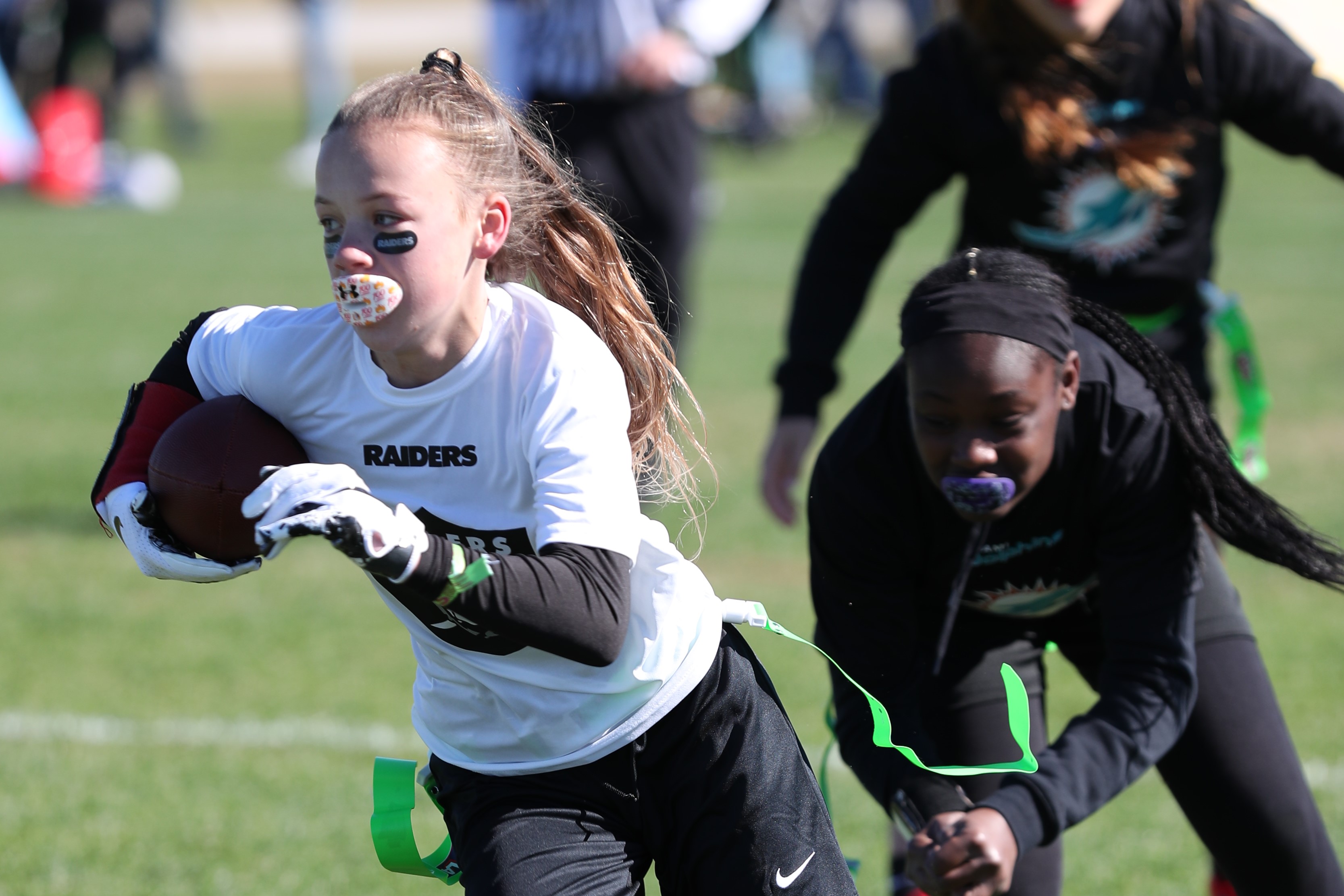Confidence and opportunity are two of the most important things that parents and coaches can give players. For some players, things come easy, and their personalities may exude confidence. Others struggle to believe in themselves or to give their best effort.
Confidence is something you can instill and improve by exhibiting great energy, providing positive feedback and showing your child you know how hard they are working.
As your child leaves for a game, choose what you say wisely – they will carry your words with them onto the field. Here are phrases that can help instill confidence:
Do Say…
- You can do it.
- We’re rooting for you.
- You are awesome.
- You’ve done it before. You can do it again.
Don’t Say…
- Woah, those players look big.
- Don’t screw up.
- It can’t be as bad as last time.
- Make me proud.
Seven Ways to Build Mental Toughness
Athletes can practice and prepare to get their bodies in the best shape for a game, but getting prepared mentally is different. Fear of failure is real and affects how athletes of all ages perform.
Here are some ways you can inspire toughness and resilience in your child.
- Look to the future. Everyone loses once in a while, but that doesn’t make it easy. Help your child put that last play behind them and focus on the next opportunity.
- Focus on the positive. Even after near perfect performances, it’s natural for players to dwell on one or two failures. Help your child focus on successes and how to learn from failures in order to overcome them.
- Don’t punish every mistake. Not every misstep needs to be addressed. Don’t step in until mistakes become a habit that needs to be corrected.
- Don’t show disappointment. Your job as a parent is to help your child build confidence — so encourage, support, and just be there for them.
- Let them own it. When young athletes can accept that they make mistakes, that is when progression starts.
- Be the rock. Emotions ride high during games, and coaches and players sometimes overreact to what is going on. Your job is to show your child how to handle both successes and failures maturely.
- Repeat after me. In the end, belief has to come from within. Create a mantra for your child to say over and over when times get tough. “Let’s do it,” “I believe,” and “I got this” are all powerful starting points.

Information on this page is courtesy of the USA Football Parent Guide.































